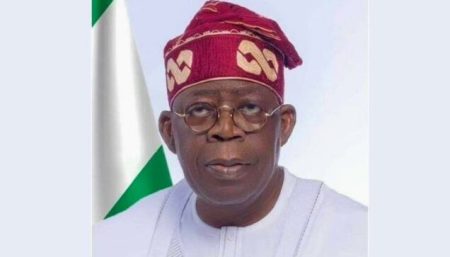Nigeria’s internet landscape experienced a notable shift in the first four months of 2025, marked by a decline in both data consumption and subscriber numbers. This downturn followed the implementation of a new tariff regime in February, which saw a 50% increase in data prices, a move justified by the Nigerian Communications Commission (NCC) as necessary to address rising inflation, volatile foreign exchange rates, and escalating energy costs impacting telecom operators. The impact of the tariff hike was immediate, with February recording a significant 10.8% drop in internet consumption compared to January. While a temporary rebound in March suggested some consumer adaptation, April’s figures confirmed a sustained downward trend, highlighting the strain on affordability for many Nigerians.
The decline in internet usage was mirrored by a decrease in overall subscriber numbers. Between January and April 2025, Nigeria lost over 176,000 internet subscribers, with the largest drop occurring in February, coinciding with the tariff increase. While March saw a slight recovery in subscriber numbers, this proved short-lived, as April registered another decline. A platform-specific analysis reveals that the decline primarily affected mobile GSM subscriptions, which constitute the vast majority of internet users in the country. Fixed wired subscriptions, on the other hand, experienced marginal growth, indicating some progress in fixed broadband adoption. Interestingly, VoIP subscriptions showed steady growth throughout the period, suggesting a possible shift towards more affordable communication alternatives.
Comparing the 2025 data with the same period in 2024 reveals a more complex picture. While internet usage in April 2025 was significantly higher than in April 2024, indicating a year-on-year growth of 28.2%, the total number of subscribers had fallen by 13.7%. This seemingly contradictory trend can be attributed to several factors, including the disconnection of SIM cards not linked to the National Identification Number (NIN) and an industry audit conducted in 2024. These measures, while aimed at improving security and regulatory compliance, contributed to a reduction in the overall subscriber base, even as data consumption by remaining users continued to grow.
Further impacting the affordability of telecom services is the reintroduction of a 5% excise duty on telecom services, approved by the Senate in May 2025 as part of the Nigeria Tax Bill 2024. This move, previously suspended in 2023 due to concerns about its potential impact on inflation and digital inclusion, has been met with resistance from telecom operators and consumer groups. They argue that this additional tax burden will further increase the cost of essential services for consumers, potentially hindering the country’s progress towards broader digital access. The industry already grapples with a multitude of taxes, and this new levy is expected to exacerbate the financial strain on operators and ultimately translate to higher prices for consumers.
Despite the challenging regulatory and economic environment, some telecom operators, particularly MTN Nigeria, have reported positive financial results. MTN Nigeria’s Q1 2025 report showed a significant profit after tax, a stark contrast to the losses incurred in 2024. The company attributed this positive performance to several factors, including increased data demand, strategic investments, and the recent tariff adjustments. Notably, data revenue surpassed voice revenue for the first time, a clear indication of the growing importance of internet-based services in the Nigerian market.
The Nigerian telecommunications sector is currently navigating a complex landscape characterized by competing forces. While increased data consumption and the shift towards data-driven services present opportunities for growth, the combined impact of tariff hikes and new taxes poses significant challenges to affordability and accessibility for consumers. The long-term impact of these developments remains to be seen, but it is clear that they will play a crucial role in shaping the future of Nigeria’s digital economy. The interplay between affordability, regulatory measures, and operator profitability will determine the trajectory of internet adoption and usage in the country, ultimately impacting Nigeria’s progress towards its digital inclusion goals.














